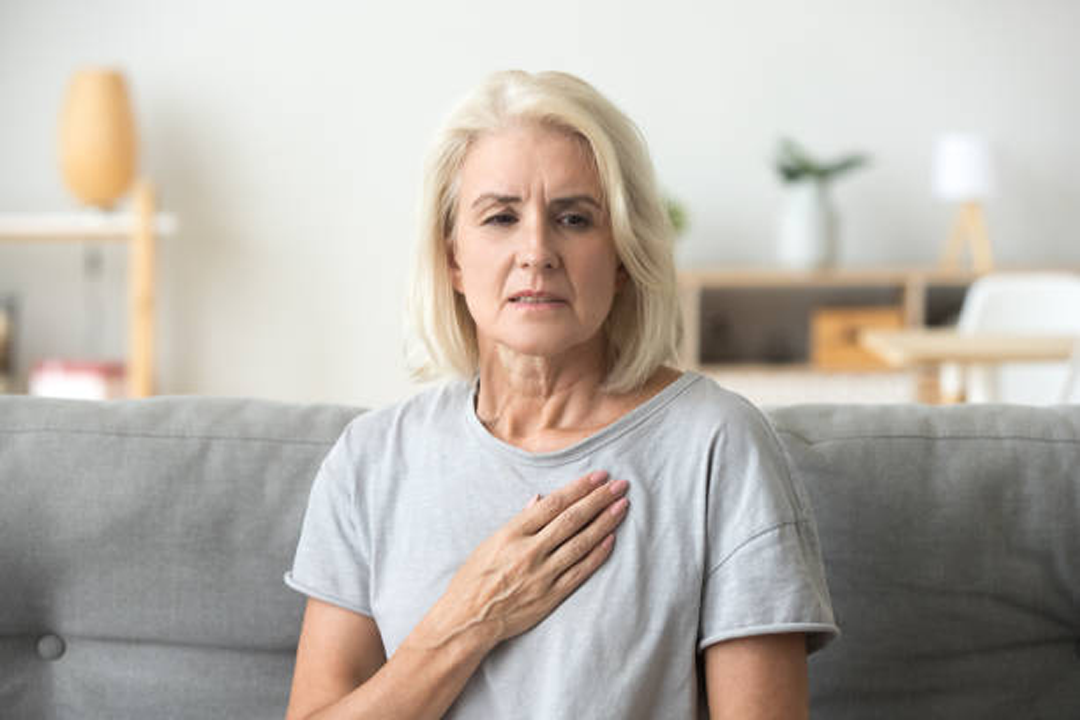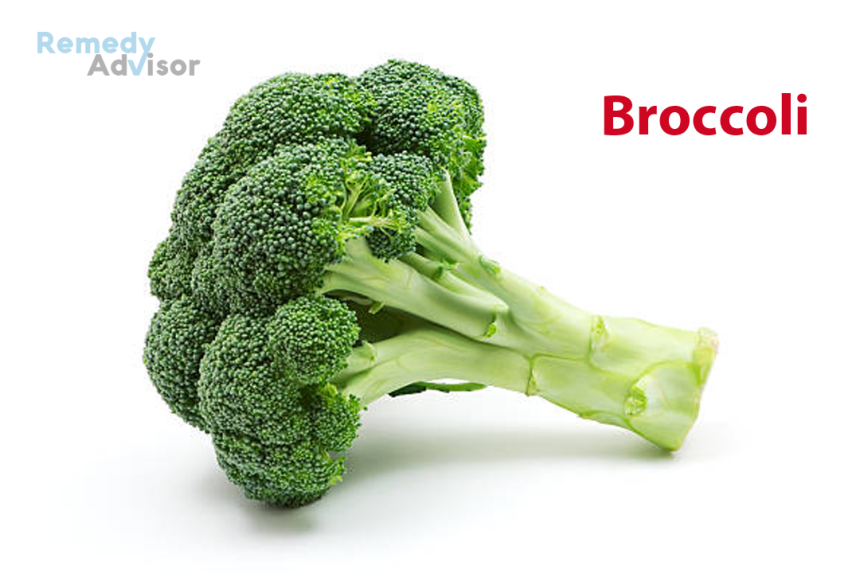Broccoli has long been thought an enormously healthy food; life has not constantly been relaxed for this cruciferous vegetable. Two decades before, it became mostly hard early in the presidency of George H. W. Bush. For it was then that President Bush stated that though he has always detested broccoli, while he was a child, his mother made him eat it. Now that he was the leader of the free world, he would no longer consume any broccoli. In fact, he would not let it to be offered in the White House.
However he was fairly adamant, possibly the former president must have reexamined what he was stating. Broccoli is supposed to be an outstanding source of vitamins C, K, and A; foliate; and dietary fiber. It is a very worthy source of potassium, manganese, phosphorus, tryptophan, protein, vitamins B6 and B2, magnesium, and omega 3 fatty acids. In addition, broccoli is a good source of vitamins Bi, B3, and B5, zinc, calcium, iron and vitamin E. But, it is essential to examine the study.
Cancer
Bladder Cancer
In a research in the International Journal of Cancer, scientists linked the diets of 697 lately identified bladder cancer patients to 708 healthy controls coordinated by age, ethnicity and gender. It soon became seeming that the patients with bladder cancer consumed far fewer cruciferous vegetables, like broccoli, compared to healthy subjects. Actually, when related to the subjects who ate the least amount of cruciferous veggies, the subjects who consumed the most cruciferous vegetables had a 29 percent decreased chance of developing bladder cancer. Fascinatingly, broccoli and other cruciferous vegetables offered the most protection to those at the maximum risk men, older people and smokers. Researchers noted that like other cruciferous vegetables, broccoli consists of isothiocyanates (ITCs), non-nutrient compounds which combat cancer.
In a 2008 study, researchers conducted a case-control research of 275 patients with bladder cancer and 825 cancer-free controls. They discovered “a strong and statistically important inverse relationship between bladder cancer risk and uncooked cruciferous vegetable consumption.” The opposite relationship was also important among smokers. Though, no such connection was found with cooked vegetables. Researchers noted that these unpredictable discoveries might be because cooking might “considerably decrease or eliminate isothiocyanates.
Observing these outcomes it is noted that, “Raw cruciferous vegetables like cauliflower, broccoli, and cabbage are better than cooked complements in terms of bladder cancer prevention. Consumption of three or more servings per month might decrease the chance of bladder cancer by 37 percent. Even heavy smokers, might benefit from the consumption of raw cruciferous vegetables. Risk decrease for smokers was 40 percent to 54 percent.”
In 2008 Cancer Research, researchers made bladder cancer in rats. Then, the rats eat freeze dried aqueous extract of broccoli sprouts. Scientists discovered that, “the incidence, multiplicity, size, and development of cancer in bladder were all passive by the extract, however the extract itself produced no histologic dangers in the bladder.”
Prostate Cancer
In a study published in 2007 in JNCI, investigators used the Prostate, Ovarian, Colorectal and Lung Cancer Screening Trial data to calculate the connotation between prostate cancer risk and consumption of vegetables and fruits. Of the 29,361 men in the cohort, 1,338 were found to have prostate cancer throughout the 4.2 years follow-up. However the scientists did not find a connotation between vegetable and fruit consumption and complete hazard of prostate cancer, they detect a relationship between greater intakes of vegetables, particularly cauliflower and broccoli and reduced chance of extra-prostatic prostate cancer or prostate cancer which has range outside the prostate.
Cardiovascular health

In a research, researchers fed one group of six rats’ broccoli; another group of six rats was the control. Within 30 days, the researchers gave the rats investigational heart attacks. When linked to the control rats, after the heart attacks, the rats that had been fed broccoli had minor extents of dead heart muscle and heart muscle cells. They also experienced optimistic variations to proteins and chemicals that defend the heart.
Skin health
In a research, researchers termed using broccoli sprout extract to the skin of hairless mice and later to the skin of six human helpers. In the mouse reading, after application of the extract, the mice were exposed to ultraviolet radiation. Other mice assisted as controls. Researcher discovered that the mice that were cured with the extract developed considerably fewer skin cancer tumors than the controls. And, the tumors that the treated mice did develop were minor than those on the control mice.
In the human research, the researchers selected two locations on the backs of each of the volunteers, who ranged in age from 28 to 53 years. One to three days before exposing the backs to ultraviolet radiation, broccoli sprout extract was smeared externally to one of the locations. Researchers discovered that the areas cured with broccoli sprout extract had an average of 37.7 percent less soreness and swelling compared to the parts that had not been cured. Still, the reaction to the extract varied extensively from person to person.
Anti-aging
In a research UCLA researchers discovered that when sulforaphane, a chemical found in broccoli, was straight given to old mice, the mice’s drop in cellular immune function was reversed. Similar outcomes were gained when they collected individual immune cells from old mice, cured them, and then returned the treated cells to the recipient animals. Furthermore, the researchers learned that when dendritic cells, which introduce foreign substances and infectious agents to the immune system, were exposed to sulforaphane, they improved the immune function of the aged mice.
Therefore, it is probable that sulforaphane has the possible to strengthen the immune system of older people so that they might better avoid the illnesses related with aging. According to Andre E. Nel, one of the investigators, “This is a fundamental new way of thinking about how to boost the immune function of senior individuals to perhaps defend against viral infections and cancer.”
One caveat
In a Research published in the Journal of Agricultural and Food Chemistry, Dutch researchers employed eight peoples to eat 200 gm. of crushed cooked or raw broccoli with a warm meal. After the meal, blood and urine models were taken every hour. Men who consumed the raw broccoli were discovered to have expressively greater amounts of sulforaphane within their urine and blood. Researchers noted that, “the ingestion of uncooked broccoli results in quicker absorption, greater bio-availability, and upper peak plasma quantities of sulforaphane, when compared with cooked broccoli.” Thus, raw broccoli is a healthier option than cooked broccoli. However, when raw broccoli is not available, cooked broccoli is still an outstanding food. Would broccoli be a consistent part of the diet? Absolutely.







